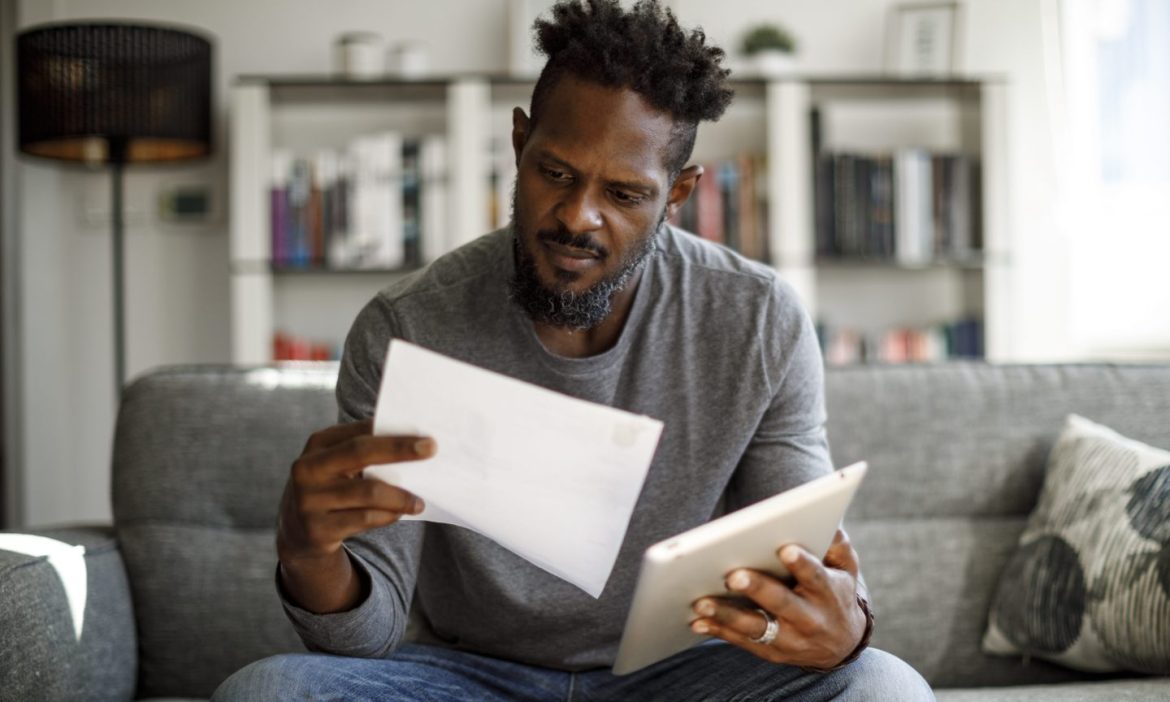Life is full of surprises, and not all of them are pleasant. From unexpected medical bills to sudden job losses or urgent home repairs, emergencies can strike when you least expect them. In Ghana, where economic fluctuations and unforeseen expenses are common, having an emergency fund can be a financial lifesaver. This blog post will explore why you need an emergency fund and how to build one that works for you.
What Is an Emergency Fund?
An emergency fund is a dedicated pool of money set aside to cover unexpected expenses. Unlike savings for planned goals like education or travel, this fund is specifically for unplanned situations that require immediate attention.
Why Do You Need an Emergency Fund?
1. To Handle Unexpected Expenses
Emergencies such as hospital bills, car repairs, or sudden travel can derail your finances if you’re unprepared.
2. To Avoid Debt
Without an emergency fund, you may resort to loans, credit cards, or borrowing from friends and family, which can lead to financial stress.
3. To Maintain Financial Stability
Having a safety net allows you to manage crises without sacrificing your regular financial obligations, such as rent, utilities, or school fees.
4. To Navigate Economic Uncertainty
In Ghana, where inflation and currency fluctuations can affect living costs, an emergency fund provides a buffer against financial instability.
How Much Should You Save?
The general rule of thumb is to save 3 to 6 months’ worth of your living expenses. This amount should cover essentials like:
- Rent or mortgage payments.
- Utilities (water, electricity, internet).
- Food and transportation.
- Insurance and loan repayments.
For example, if your monthly expenses are GHS 2,000, aim to save between GHS 6,000 and GHS 12,000.
How to Build an Emergency Fund
1. Assess Your Finances
Start by analyzing your current income and expenses. Identify areas where you can cut back to free up money for your emergency fund.
2. Set a Savings Goal
Determine how much you want to save and set a realistic timeline. For instance, if your goal is GHS 6,000, saving GHS 500 monthly will take you one year.
3. Open a Separate Account
Keep your emergency fund separate from your regular savings or spending accounts. Many banks in Ghana offer savings accounts with no or low withdrawal fees.
4. Automate Your Savings
Set up automatic transfers from your salary or primary account to your emergency fund. Automation ensures consistency and reduces the temptation to skip saving.
5. Start Small but Stay Consistent
If you can’t save a large amount right away, start with what you can afford. Even GHS 50 or GHS 100 monthly adds up over time.
6. Use Windfalls Wisely
Whenever you receive unexpected money, such as bonuses, tax refunds, or gifts, allocate a portion to your emergency fund.
7. Explore Low-Risk Investments
While the fund should remain easily accessible, you can store it in a low-risk investment account to earn interest, such as:
- Fixed deposits.
- Treasury bills.
- High-interest savings accounts.
When to Use Your Emergency Fund
An emergency fund should only be used for genuine emergencies, such as:
- Medical emergencies not covered by insurance.
- Urgent home or vehicle repairs.
- Job loss or sudden income reduction.
- Unexpected travel for family crises.
Avoid using your emergency fund for non-urgent expenses like vacations, gifts, or discretionary purchases.
Replenishing Your Emergency Fund
After using your fund, prioritize rebuilding it as soon as possible. Treat the replenishment as part of your monthly budget until you restore the full amount.
Common Challenges and Solutions
- Struggling to Save Consistently: Start with small, manageable amounts and increase as your financial situation improves.
- Temptation to Spend the Fund: Keep the fund in an account that isn’t linked to your primary spending account.
- Inflation Eroding Savings: Store your fund in a high-interest savings account or treasury bills to preserve its value.
The Benefits of an Emergency Fund
- Peace of Mind: Knowing you’re prepared for the unexpected reduces financial stress.
- Financial Independence: You won’t need to rely on debt or external help during crises.
- Improved Planning: An emergency fund allows you to stay focused on long-term financial goals without interruptions.
Conclusion
Building an emergency fund is a vital step toward financial stability and resilience in Ghana. While it may take time and discipline, the benefits far outweigh the effort. Start small, stay consistent, and watch your financial safety net grow.
What strategies have you used to build your emergency fund? Share your tips and experiences in the comments below!

